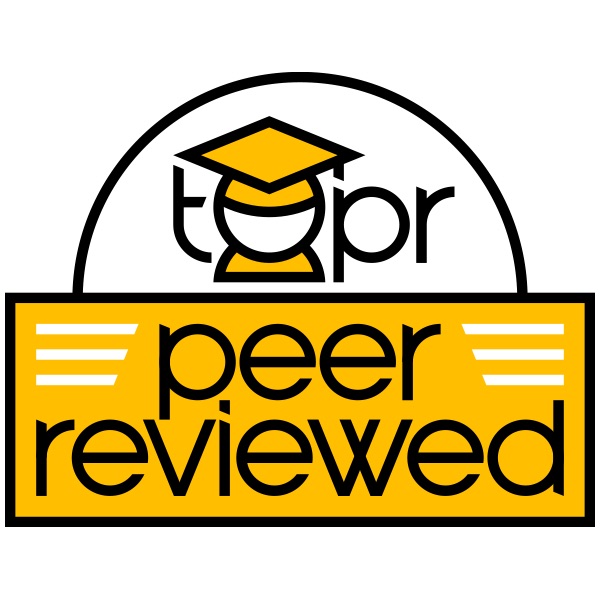
A scavenger hunt can be used to help orient students to an online course at the beginning of the term. This activity works like a traditional scavenger hunt, as one gives the students specific instructions as to what they are to look for in the course. By completing the activities, students navigate through the online classroom and become comfortable with where things are located. One might also give students instructions for locating institutional resources or student services.
Another option for using Scavenger Hunts in online courses is to help students make connections throughout the term between the course material and their daily lives. As an end outcome of this activity, students should be able to recognize the applications of the course topic. This is an activity that motivates students to look around and see how the principles of the course topic are applied in their daily lives by sending them on a hunt.
These scavenger hunt activities can be structured as written assignments (e.g., in a word processing document). In the case of the course orientation activity instructors might choose to give students a form to complete and submit. In the case of the connection to content activity, instructors can either give students a form to fill out or allow students to choose their own formatting. (In the case of this latter activity, a form might include a table with three columns: The textbook chapter or course unit/module, the principle, and the application.) An alternative to a word processing document might be to have students create a blog (which would act as a “digital journal”) where they can add entries each time that they make a connection between the course topic and their daily lives.
Link to example artifact(s)
- Professor Joanna Dunlap (University of Colorado Denver) reflects in her blog upon how she uses “Scavenger hunts for encouraging students to read and process the syllabus“
Link to scholarly reference(s)
Brett, C., Forrester, B., & Fujita, N. (2009). Online learning journals as an instructional and self-assessment tool for epistemological growth. Canadian Journal of Learning and Technology, 35(1).
DeSouza-Hart, J. A. (2010). Biology blogs: An online journal club & assessment tool. American Biology Teacher, 72(3).
Downes, S. (2004). Educational blogging. EDUCAUSE Review, 39(5). http://www.educause.edu/ero/article/educational-blogging
Citation
Wojcik, J. (2014). Use scavenger hunts to orient students online. In B. Chen & K. Thompson (Eds.), Teaching Online Pedagogical Repository. Orlando, FL: University of Central Florida Center for Distributed Learning. https://topr.online.ucf.edu/use-scavenger-hunts-to-orient-students/.